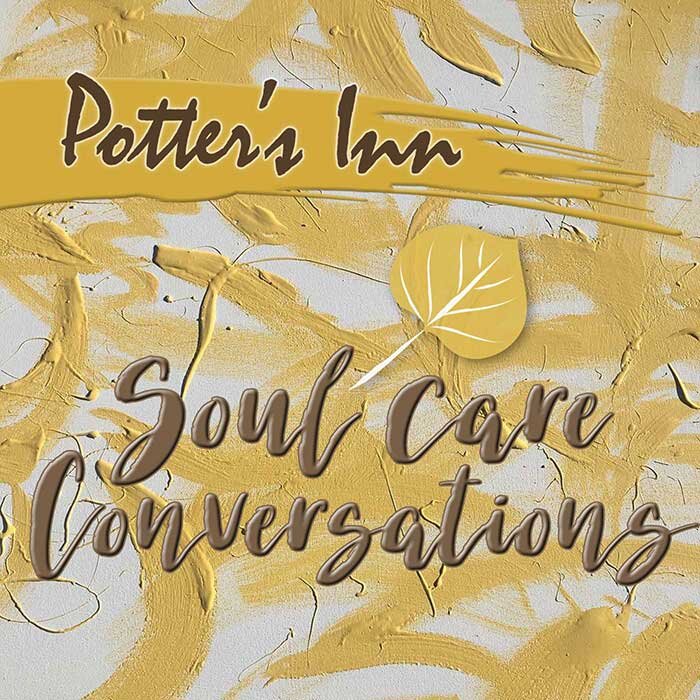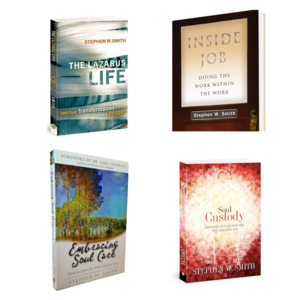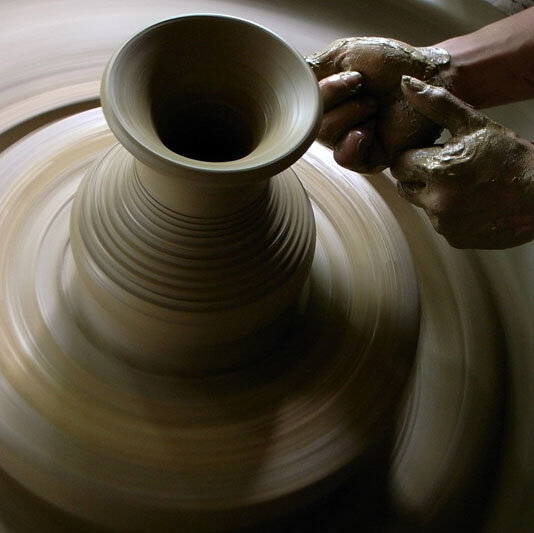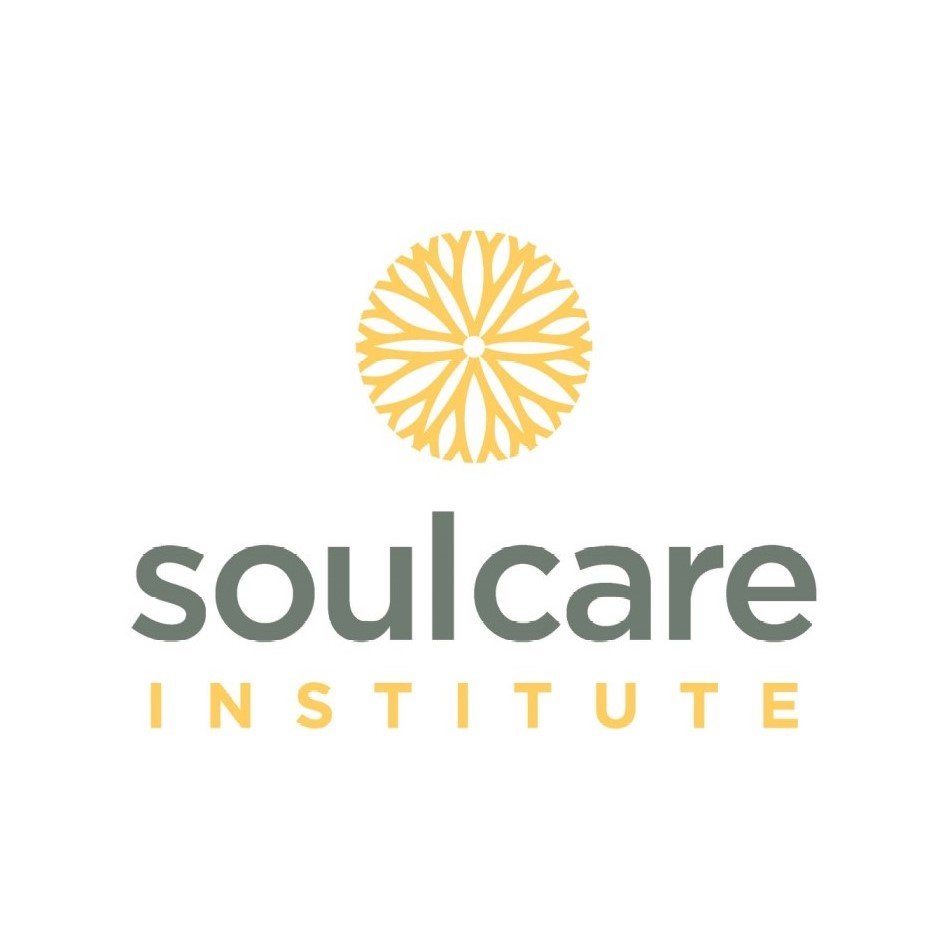There are two words that seem to define so many people today: Urgency and Emergency. Let me explain.
Urgency is an internal discombobulating feeling we experience when we face competing demands and rivaling priorities. Everything and everyone seem to be important—and it’s urgent that we be available—urgent that we take their call and respond to their text right away.
A sense of urgency seems to take over our lives so that we find it difficult to live with any sense of boundaries. What’s important can change every half hour. A call, text or email invades our personal space and throws of off kilter. We feel swept up in the tyranny of the urgent that hijacks any sense of living in peace and ramps up our adrenaline, making us feel as if we are being held hostage and we can not escape. We live this way allowing other people’s priorities and lists for us dominate our schedules.
Living in a sense of emergency makes us believe that the next call, the next email, the next knock on our door is going to break like a dam that and all we see, sense, and feel is intense whitewater. We live breathless because we can’t or won’t take time to exhale and get the stress out of us. When we allow the ethos of emergency to shape the way we parent, the way we live in community, the way we respond to our everyday world; we short circuit our souls and fry our minds. It all leads to burn out slowly—like a slow burn where the internal wick of our souls is barely lit—barely alive. Or we hit a wall; we feel like we can’t go on. We can’t do one more thing. The straw that will break the proverbial camel’s back is right around the corner.
Living with the soul in mind is embracing a whole other way of living; that quiet panic where the cadence of our lives is marked by urgency and emergency. Soul Care offers a different paradigm of how to do our lives. Caring for our souls is NOT one more thing to do on our already over crowded lists of things to accomplish. Caring for our souls—living with our souls—is a shift of how we live our days, weeks, months, and years. For we all know that the words of Annie Dillard are so very true for us: “How we live our days is, of course, how we live our lives.” When we feel out of sync; when we feel a sense of time-sickness; when we feel enslaved to the tyranny of the urgent, we feel like we have settled for being a machine. “Get ‘Ur Done!” becomes the daily mantra.
But life does not have to be this way. There is another way to live.
Here are four components to beginning to build a life on a whole new paradigm that may help us:
It’s important every day to have 20 minutes of quiet and stillness. When we practice quiet, we have the opportunity to center our lives on more than the emergencies and the urgent things. We connect with God. We connect with ourselves. We come down off the steroid of busyness. Like the psalmist of old we learn that to be still is to know God. 20 minutes of silence is our invitation to integrate our inner world with the outer reality of our lives.
Each day we seek to live our lives as the Beloved of God. We resist the core lies we hear each day:
a. I am what I do.
b. I am what I have.
c. I am what other people think of me.
We replace these lies that enslave us to a life of performance and comparison—which fuel the urgent and emergencies with the truth. We belong to God. We are called to live in a different way. We can participate, every day, in the whole spiritual aspect of our lives rather than putting our lives into silos. God is close to us. God is in us. As we awaken to this reality, we sense God’s ability to integrate our lives and not divide our lives.
We choose to live in rhythm. We engage with our work. We engage with people. We engage with our community. But just as important is this: we dis-engage. We do not try to be “on” all the time. Being off; being away; being unavailable become the antidote to urgency and emergency. By dis-engaging we unplug and become unavailable. By fostering a rhythm of dis-engaging we cultivate a life that is sustainable and doable. We cultivate the abundant life by saying “No” rather than “Yes” to everyone and everything.
We practice spiritual exercises as holy habits which refuel us from the inside so that we are not depleted and running our lives on empty. In today’s world, the areas it seems we need the most help with are disciplines that help us dis-engage, such as being alone. The root of the word, “alone” is actually a coming together of two words: “all” and “one.” When we learn to be alone through silence and solitude, we find that we detox from so much clinging, co-dependency and internal confusion.
Resources for moving away from emergency and urgency:
Read Steve’s book, Inside Job—the chapters on Learning to say, No! also the chapter on Living in Rhythm. You can order the book HERE!
Listen to the Potter’s Inn Soul Care Conversation’s podcast. Use the podcast as a way to “come down” and unwind after work. Use the “Moment to Breathe” and play it as you prepare for rest and before going to bed at night. Go here to listen to the podcast! www.pottersinn.com/podcast





